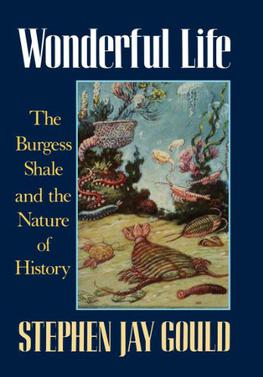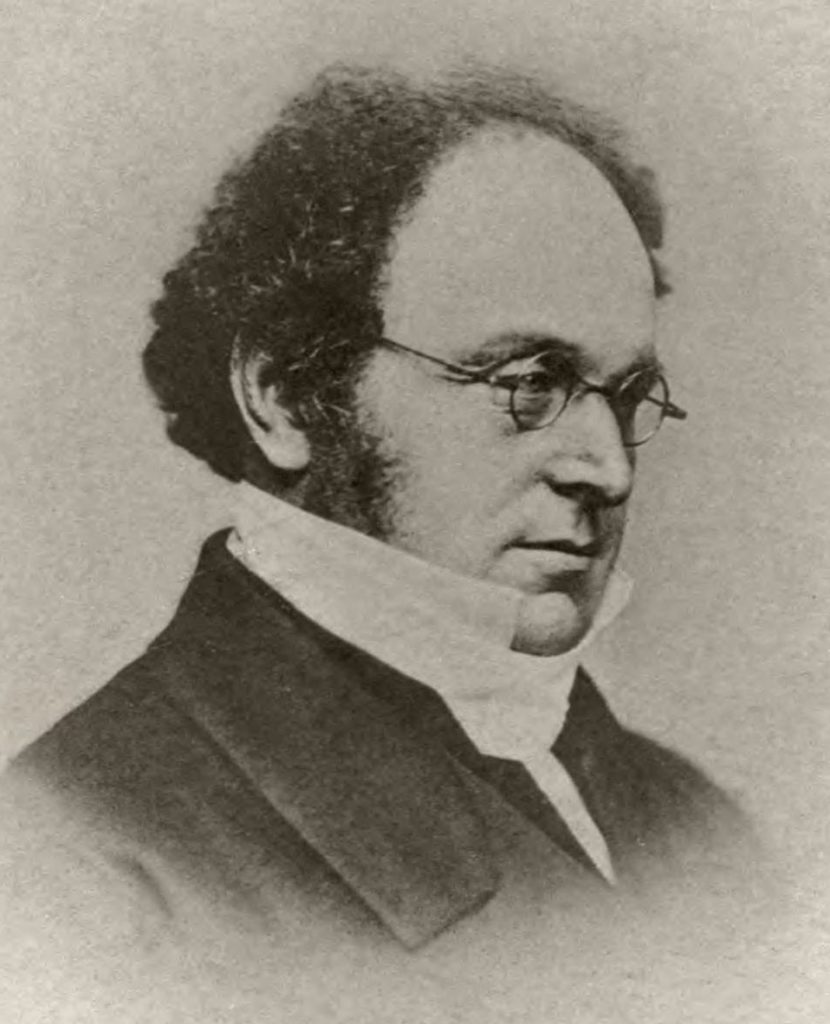Redefine Statistical Significance Part XVI: The Commentary by JP de Ruiter

Across virtually all of the empirical disciplines, the single most dominant procedure for drawing conclusions from data is “compare-your-p-value-to-.05-and-declare-victory-if-it-is-lower”. Remarkably, this common strategy appears to create about as much enthusiasm as forcefully stepping in a fresh pile of dog poo. For instance, In a recent critique of the “compare-your-p-value-to-.05-and-declare-victory-if-it-is-lower” procedure, 72 researchers argued that p-just-below-.05 results are evidentially weak, and…
read more

